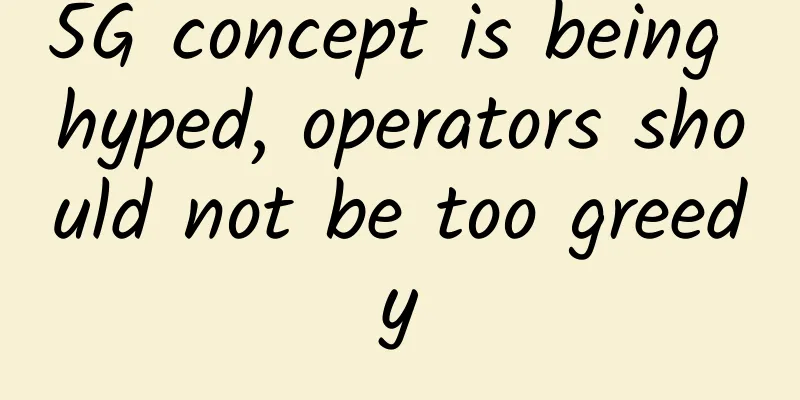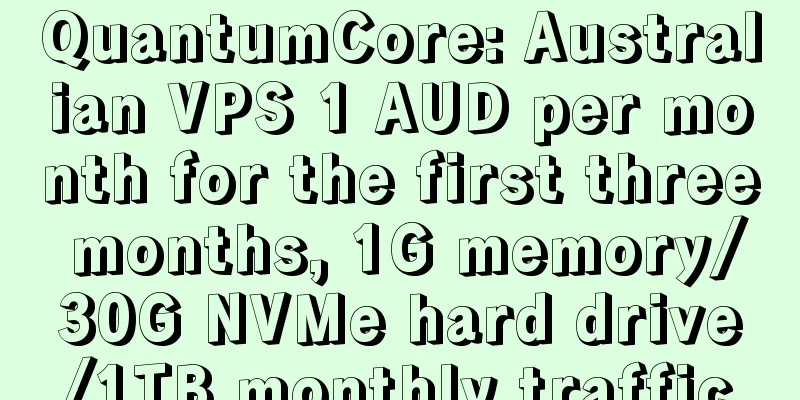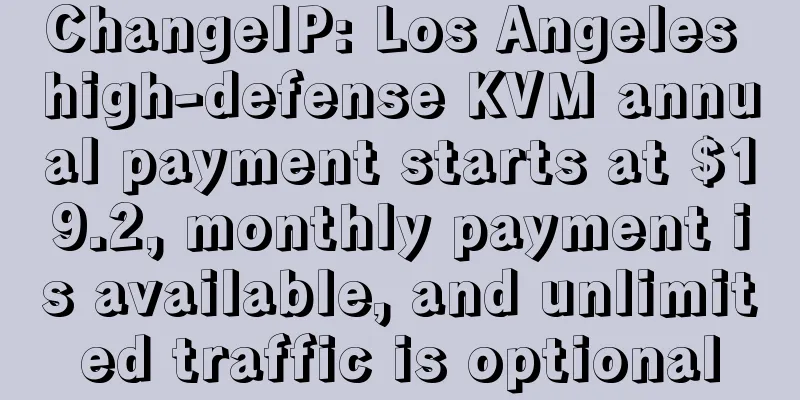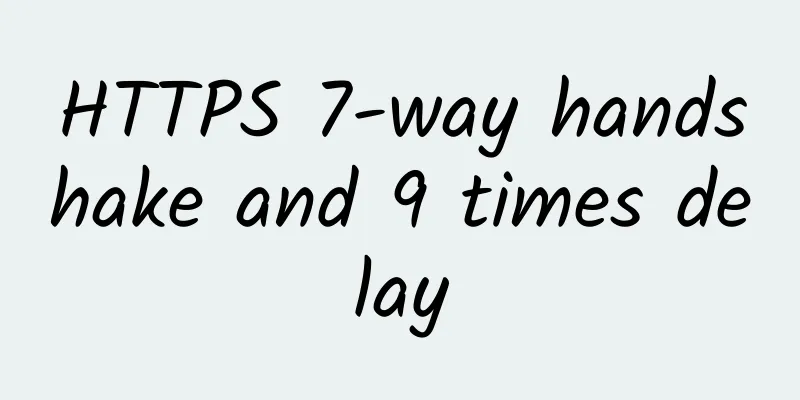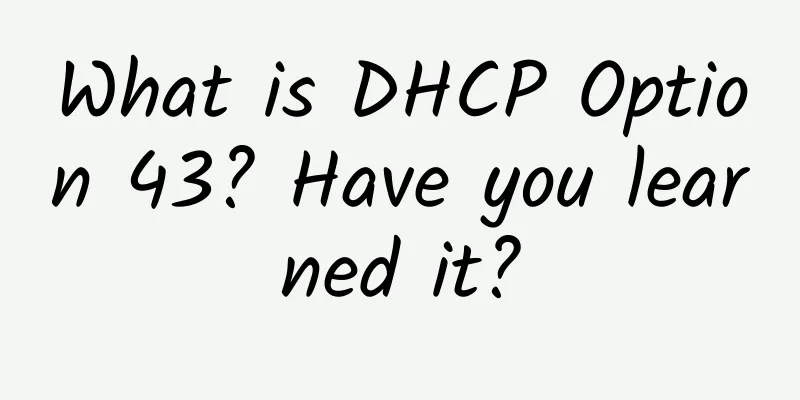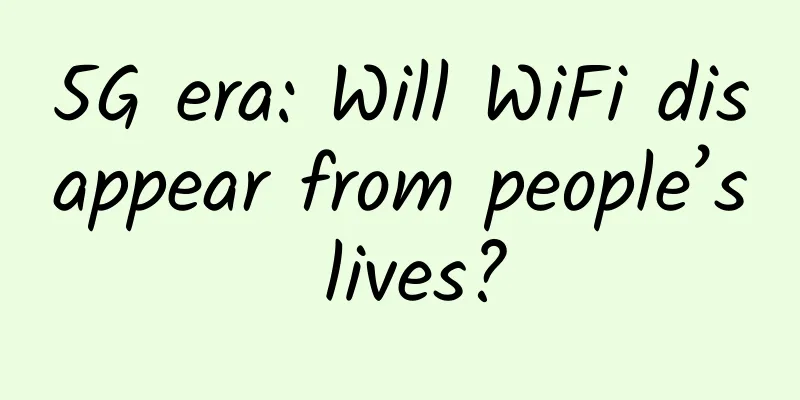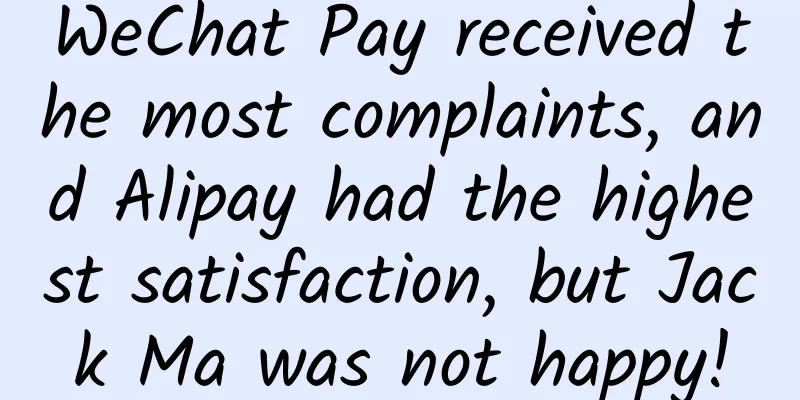Why is the world crazy about blockchain? Because of a "wealth code"
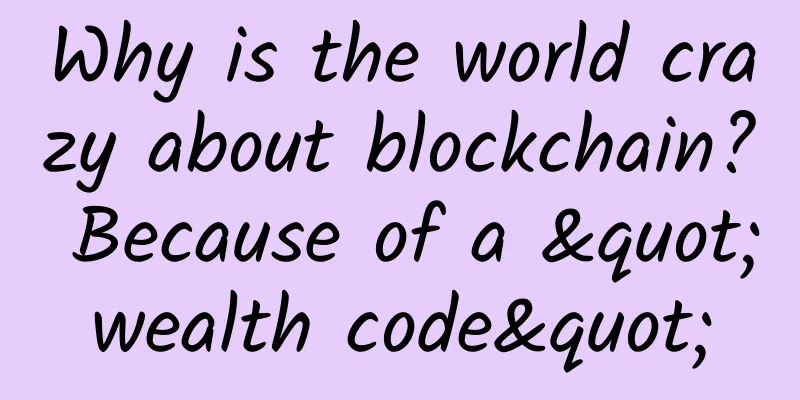
|
In 450 BC, Nehemiah, an official of the Persian Empire, applied to the king for permission to visit a city. The king personally wrote a letter to the "executor on the other side of the river" ordering him to allow Nehemiah to enter. In 1975, Australian Shockman went to the United States. He handed in his passport at the airport. The customs officer let him pass and wished him a safe journey. In 2010, Laszlo Hanyecz, a programmer in Florida, USA, bought two pizzas. He went to great lengths to convince the store owner to accept his payment method - 10,000 bitcoins. The king's handwritten letter, Hüchmann's passport and Laszlo's Bitcoin have appeared one after another over a span of 2,500 years of human history. But letters, passports, and bitcoins are just their common names, and their essence and core are exactly the same. These three are all carriers of information and "ledgers" that record information. Today, we want to tell you how accounting and value circulation can disrupt the world.
1. Bookkeeping is the basis of value circulation In the early days of human civilization, single-entry accounting was used. For example, if Mr. Wang has two cows, he would draw two circles on the wall; if Mr. Li has four sheep, he would draw four bars on the wall. Single-entry accounting is mostly point-to-point transaction accounting. For example, if Lao Wang exchanges a cow for two sheep, he will carve a circle in exchange for two bars on the stone tablet. At that time, people had formed a view that only what was recorded in the accounts could form wealth. At this point, the embryonic form of wealth is formed: first, the things are accounted for, everyone reaches a consensus on the things, and then the two parties trade, the value of the things is realized, and finally it becomes wealth. This model is: accounting - consensus - transaction - value - wealth. Therefore, we can boldly judge that bookkeeping is the basis for generating wealth. But single-entry bookkeeping has a big flaw: it can only handle simple transactions. If everyone in Lao Wang's and Lao Li's villages come to participate in the transaction at the same time, everyone's account books will be in chaos. Later, with the increasing complexity of economic activities, "double-entry bookkeeping" appeared in Italy in the early thirteenth century. This is no longer a point-to-point transaction system, but a network system. For example, a company’s assets, liabilities, profits, and other information generated by “transactions” are all recorded in the account books. In short, it is to transform the abstract "capital" into visible numbers in the account book. Economists have suggested that the advent of double-entry bookkeeping laid the foundation for the development of capitalism and the emergence of corporate groups. But soon, double-entry bookkeeping could no longer meet the needs of the times. First, the financial system is becoming increasingly complex. Transactions are becoming more and more complicated, property rights are difficult to confirm, and there is serious information asymmetry. As a result, a large number of intermediaries have emerged, such as banks, auditing, accounting, and legal affairs, which are incomprehensible to ordinary people. Intermediaries play a key role in this process, thus forming a centralized ledger system, but there are problems of serious information asymmetry and easy loss. Secondly, with the explosion of information, many new assets have emerged, but they cannot be included in the ledger system. The most obvious one is digital assets. Such as digital music, digital images, but also user data and digital currency. However, in the current accounting system, the value of digital assets can only be roughly calculated, and it is not a true "accounting system". Therefore, we are always in a state of "not understanding" and "unsure" about some cutting-edge Internet companies. We have also emphasized before that if it cannot be included in the ledger, it cannot be traded or valued. The vast majority of digital assets are cut off from the wealth system. Difficulties in bookkeeping create transaction barriers and limit wealth accumulation. Let's imagine what kind of accounting system can meet future needs and solve the above problems? First of all, it must belong to the digital world and be able to accurately record the value of digital assets. Secondly, the flow of digital assets must be smooth and unimpeded. Because the flow of digital assets has many characteristics such as high frequency, small amount, and fragmentation. The most important thing is that this accounting system must be trustworthy. In fact, if it is just the first two requirements, the downloading artifact eMule can perfectly meet them: torrents, P2P, peer-to-peer, and sharing. However, eMule does not have the constraint of "trust". The most direct example is the joke "I downloaded "The Story of Seven Men and a Woman" overnight, but the result was the censored Calabash Brothers". How can trust be built? A new era of accounting system is about to emerge. 2. New Era Accounting Just a few hundred years after the advent of double-entry bookkeeping, we entered a new era of bookkeeping. Since the 1970s, cryptography and computer science have made great progress. With the emergence of Bitcoin in 2009 as a landmark event, a brand new “ledger + token” accounting system came onto the historical stage. How is trust achieved in the Bitcoin world? First, it gives everyone a copy of the bill. If there is a dispute, everyone takes it out to reconcile the accounts, and the minority obeys the majority. Secondly, it uses an incentive mechanism to encourage everyone to supervise together, remove nodes that act recklessly, and make dishonest things invalid. At the same time, it locks valid records through encryption and can never be modified. The prize is Bitcoin; the trust model is the Proof of Work consensus mechanism, which has a more familiar name, mining. The information encryption and decentralized consensus of blockchain technology have better solved the value recording and transaction problems of digital assets. Furthermore, this accounting system is not only extremely efficient, but also allows assets to be divided infinitely. Speaking of which, this distributed ledger has just appeared in human society and is still in its infancy, and there are not many real practical cases. But it brings people endless imagination. For example, Decentraland, an application on Ethereum, is a virtual game similar to Minecraft that has established a completely decentralized community. Here, there are no intermediaries or centralized institutions. If you trade a piece of virtual land, there are no lawyers, no financial statements, no audits, no trading centers, no banks, and no governments. Such a decentralized community may also be the prototype of the future world. Do we have a chance of living in such a world? At present, no one can give an answer. But what is certain is that the craze for cryptocurrency speculation must be filled with belief in this future vision. Speculation, insider information, farming, and leeks, it breeds in the current financial system and spreads to the immature technological field of blockchain. In the future, finance will belong to finance and technology will belong to technology. |
>>: The difference between single-mode fiber and multi-mode fiber and how to choose
Recommend
How to attract and train talents in the era of the Internet of Things
We are experiencing a worldwide war for talent wi...
What are the deployments and arrangements for 5G in 2022? MIIT responds
On January 20, the State Council Information Offi...
I secretly monitored their communication traffic...
I am a monitoring software. My master spent sever...
Huawei 5G is dead? 5G order numbers have not been updated for 10 months, Ren Zhengfei has other plans
Huawei's 5G development is hindered With the ...
5G is not yet popular, but 4G packages have been quietly removed from the shelves, and this wave of operations by operators has caused a lot of criticism
2020 is coming to an end. After a year of hard wo...
Morgan Digital still chooses Feiyuxing Wireless to build branch network
In March this year, the headquarters building of ...
Networking in Pictures: What is Virtual Router Redundancy Protocol (VRRP)?
VRRP is a commonly used fault-tolerant protocol t...
Detailed explanation of TCP connection status and closing method and TCP parameter optimization under Winserver system
To be honest, the TCP connection method on Window...
Huawei's Intelligent IP Network Solution Creates a Simplified 5G Bearer Network
At the HAS Analyst Conference recently, Chen Jinz...
"Rehabilitate" the Ethernet all-optical network! China Construction Association publishes the first standardization document for smart park construction
"Smart Park" is not a new concept. In t...
"Three mountains" weighing on China's radio and television industry: China's radio and television industry seeks a way out of the broadband market
The hype about 5G has masked many problems. For C...
Can the Internet of Things drive the deployment of IPv6?
IPv6 has features that IPv4 lacks, which makes it...
City managers can now predict the future using 5G and digital twins
Digital twins, or DTs, are data-enabled city mode...
Wuhan East Lake High-tech Zone built a video conferencing system in seconds to improve work efficiency
Under the tough order of "admit everyone who...
A network administrator's self-cultivation: TCP protocol
Today, let’s continue with the network administra...
